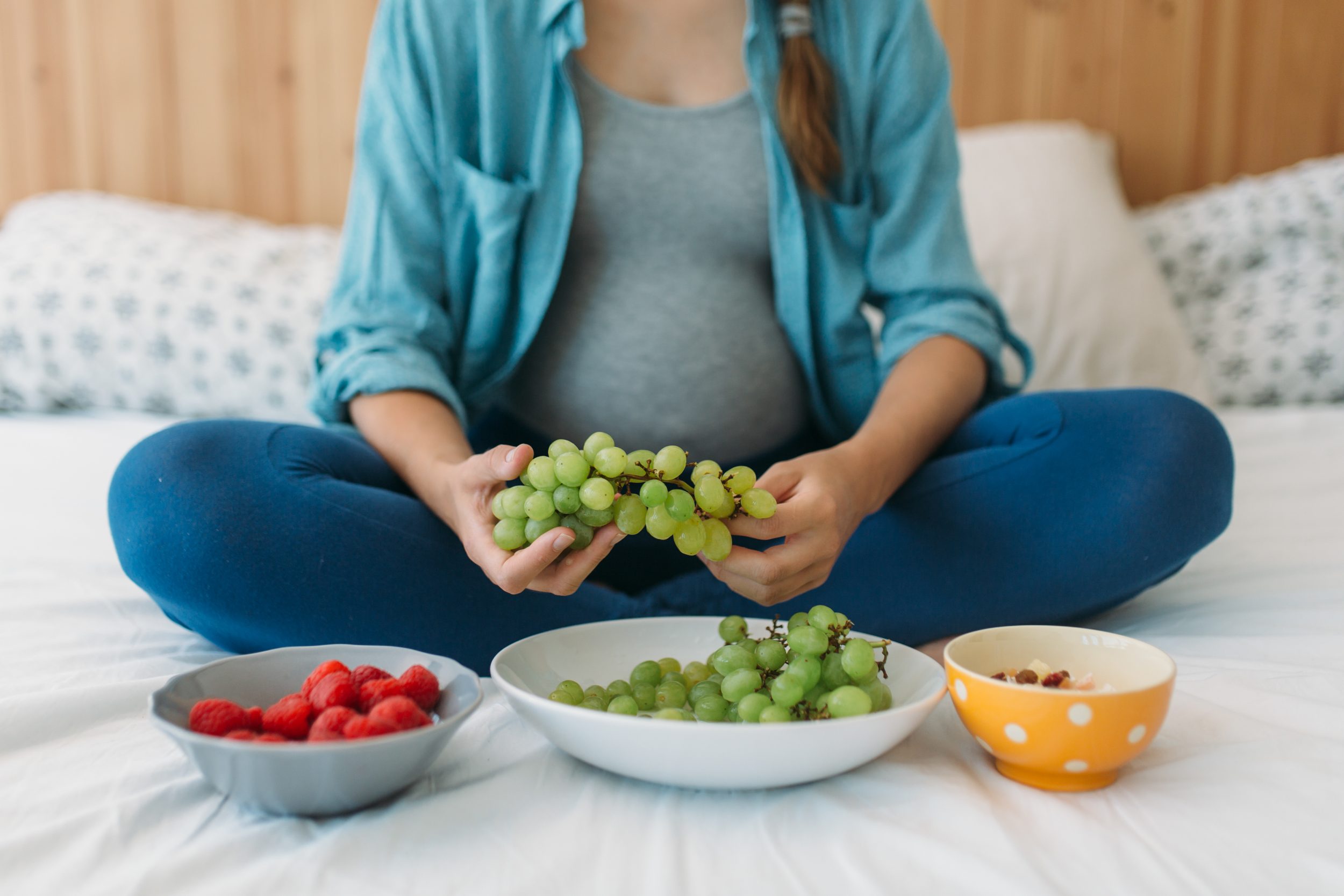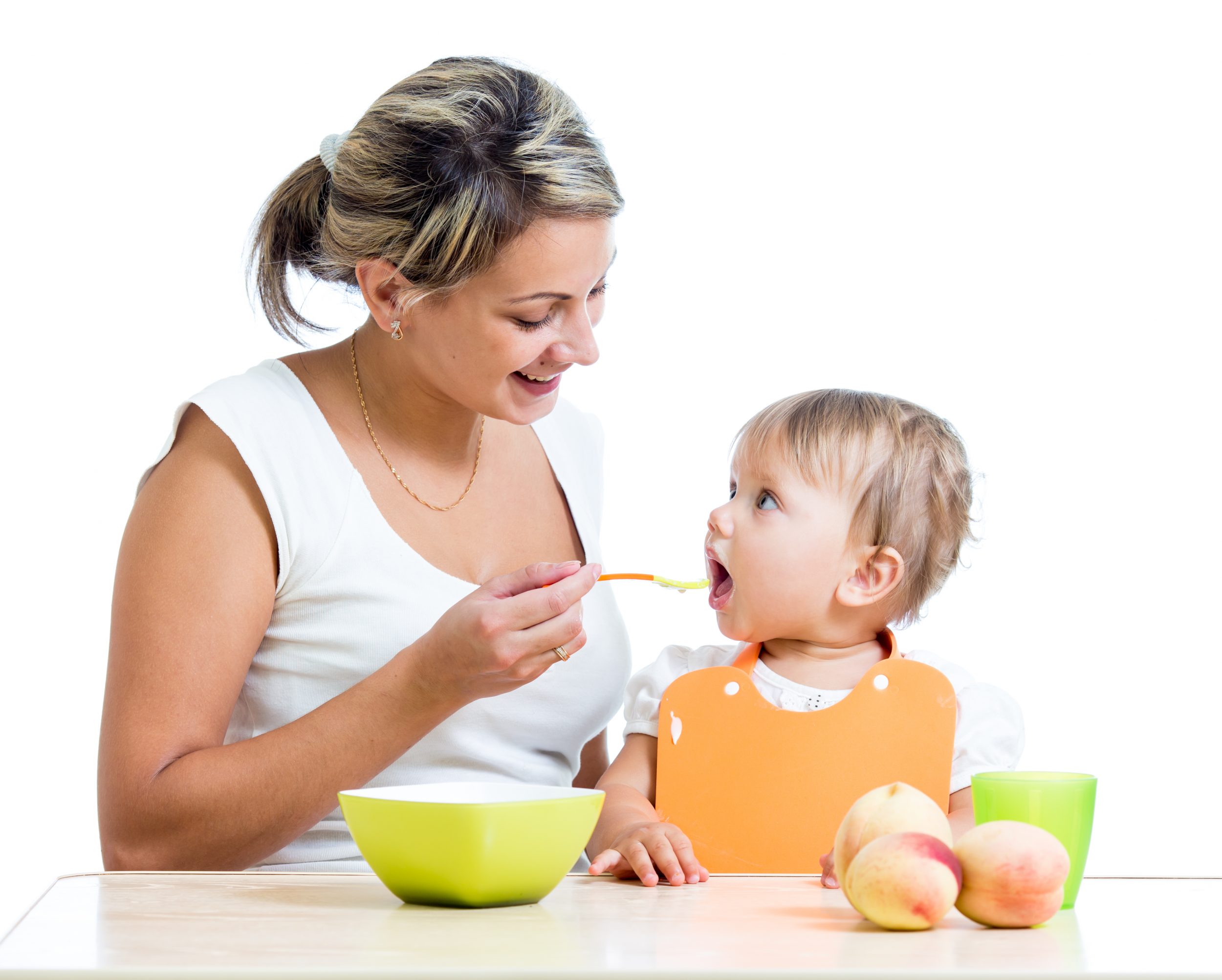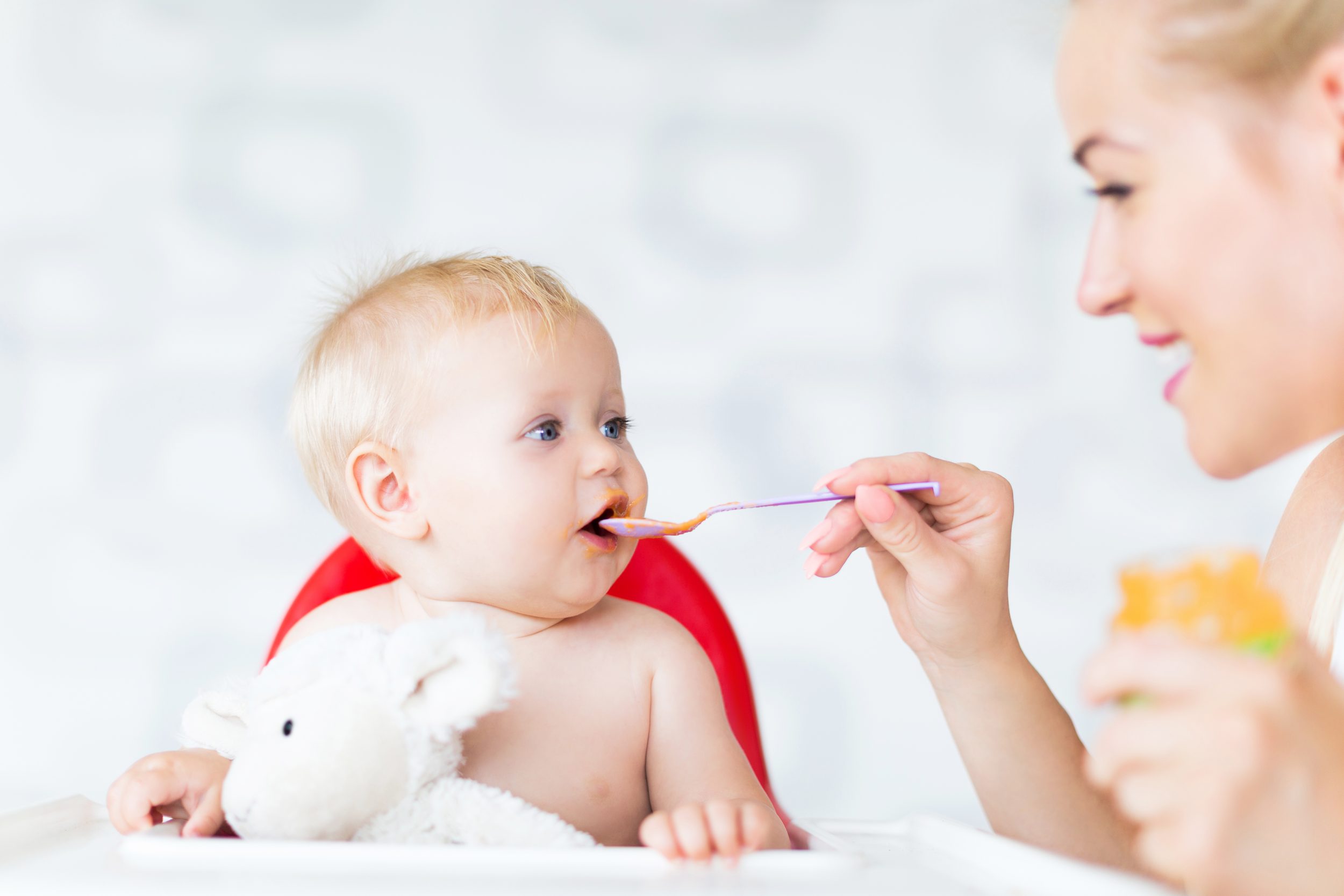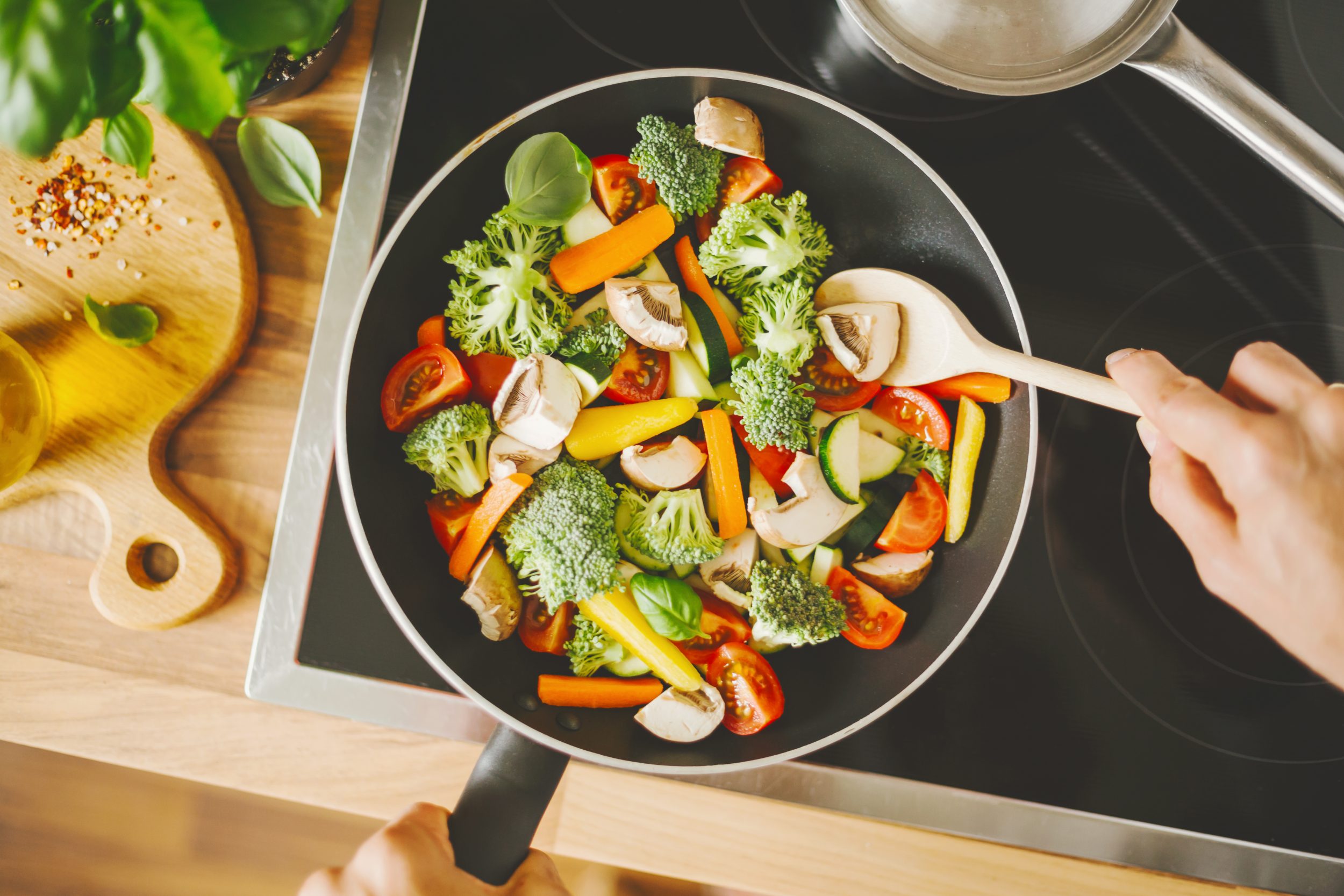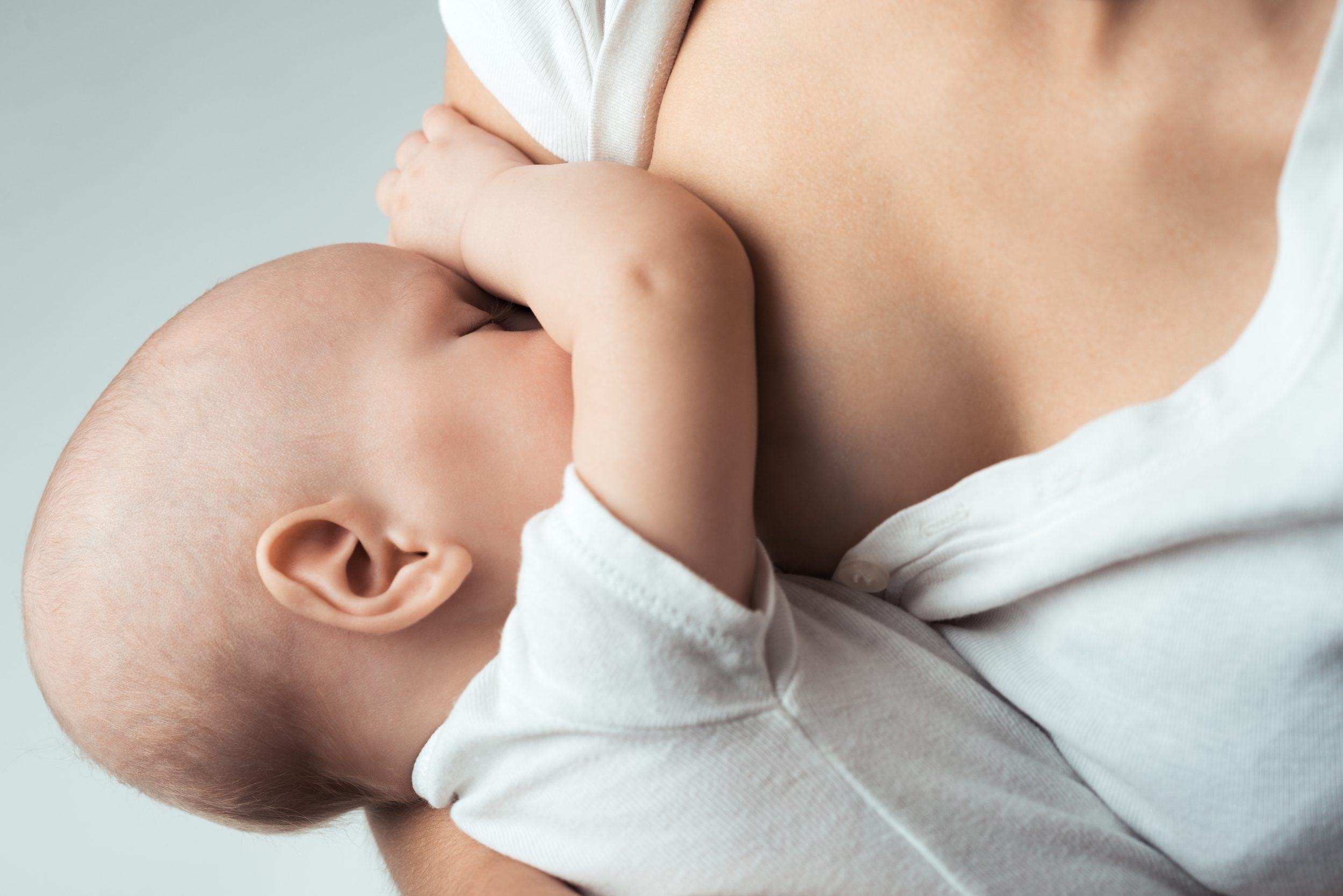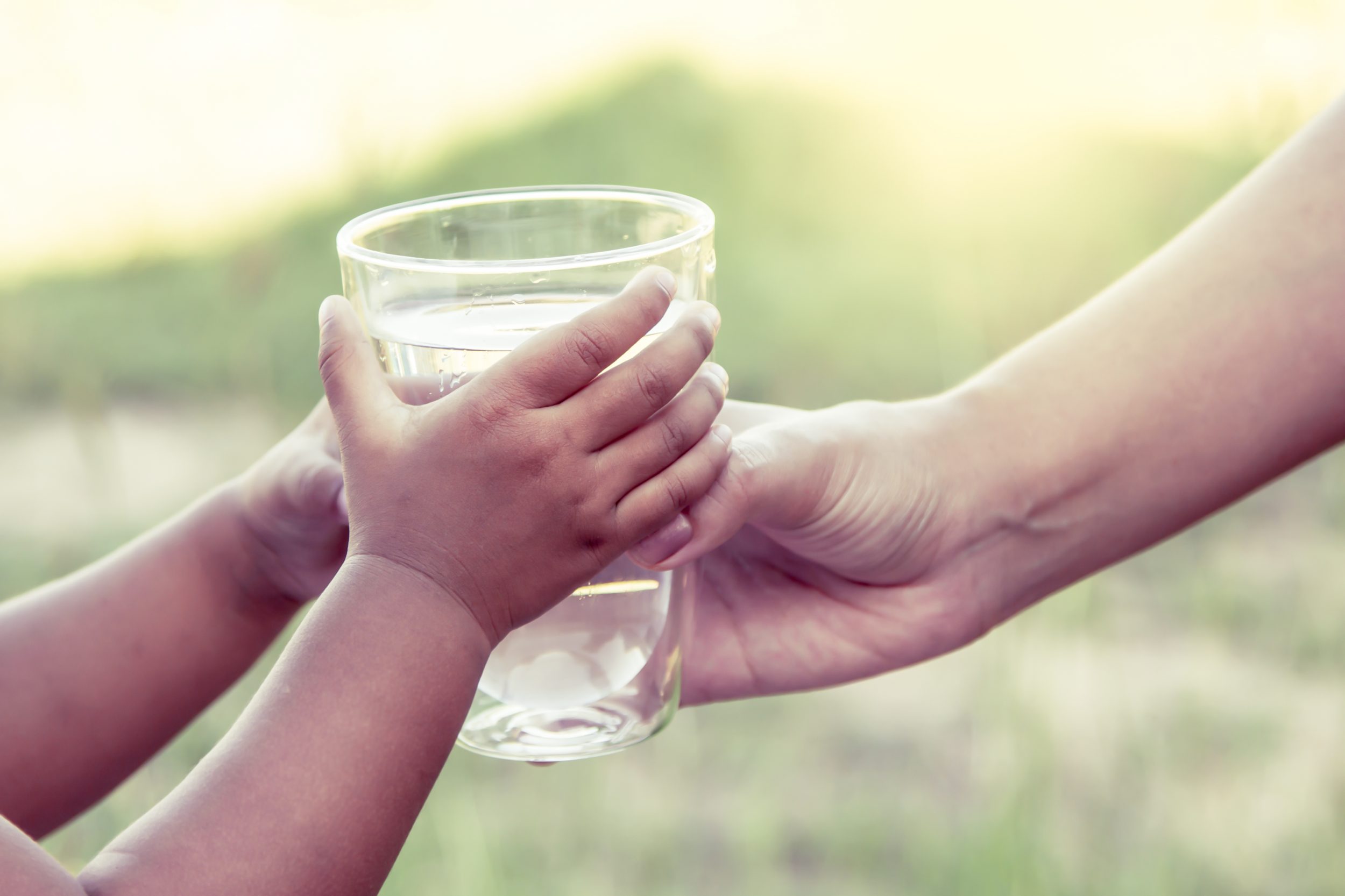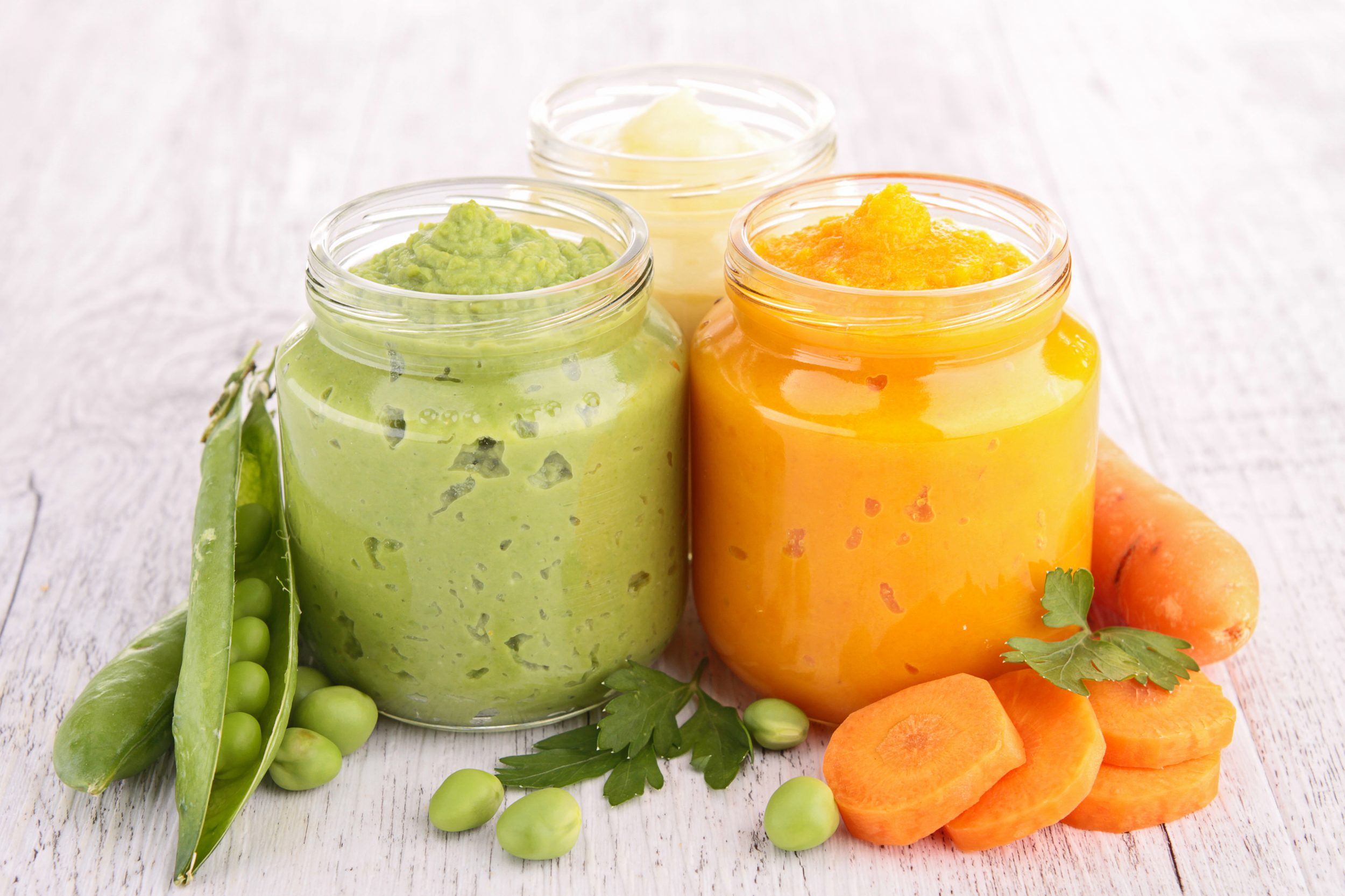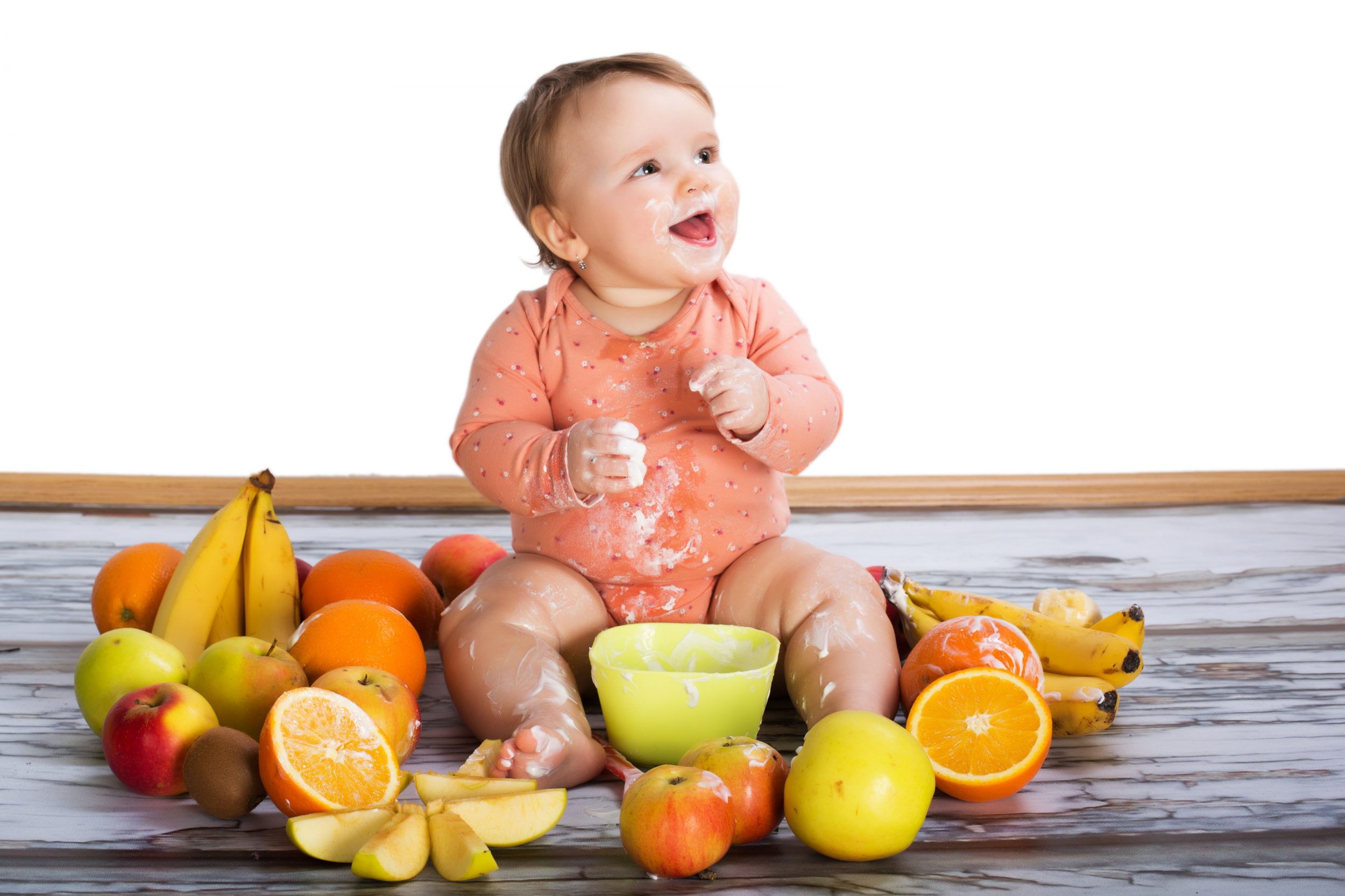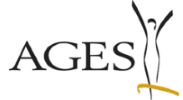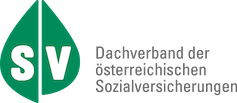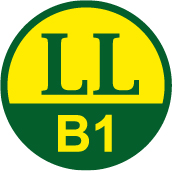
Don’t forget: Every child is different. This overview only gives you an idea.
Newborn baby
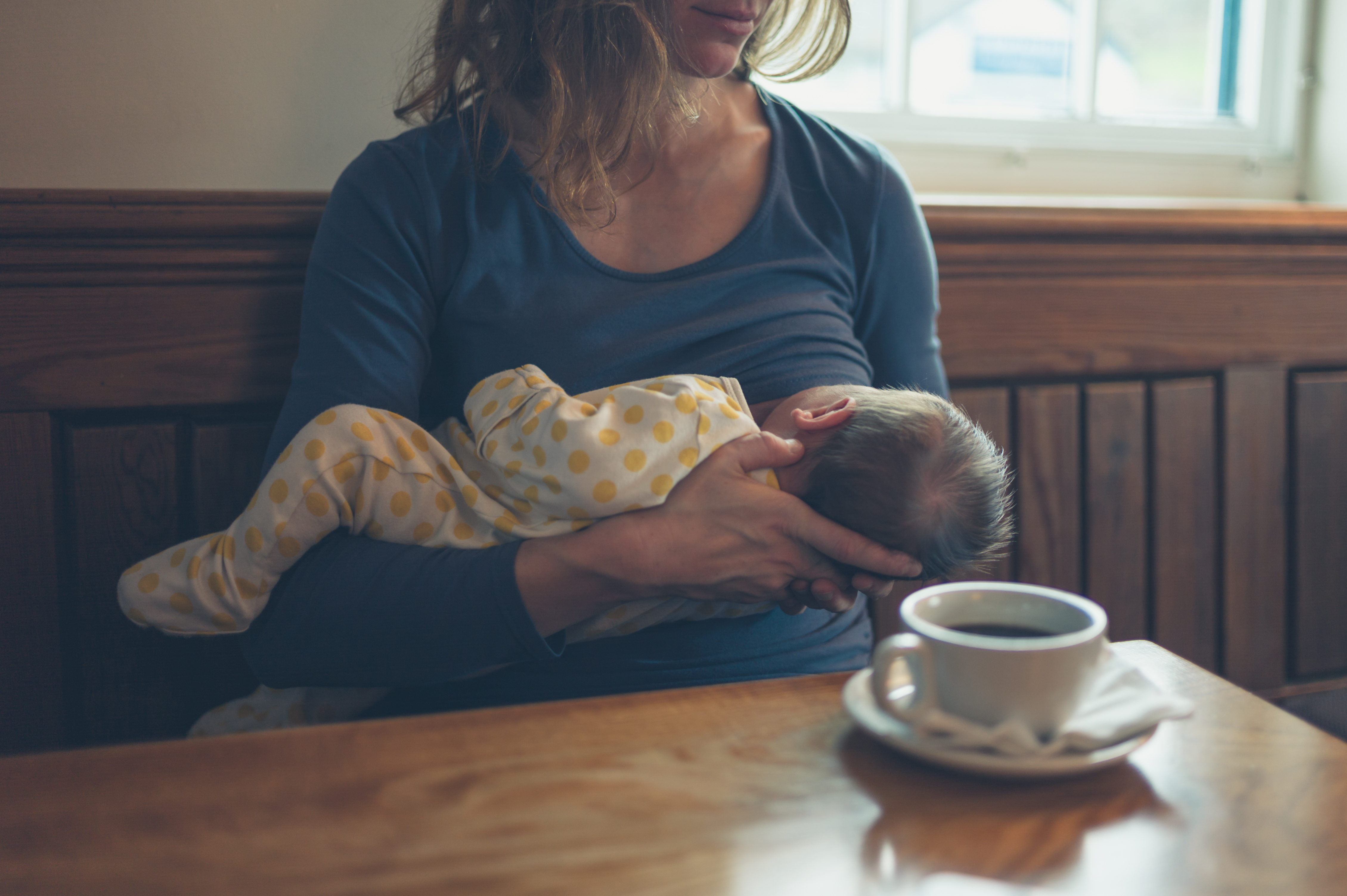
Physical abilities
- Your newborn baby cannot hold their own head. You must support it.
Eating skills
- The baby knows how to suckle, swallow, and breathe while being breastfed or drinking from a bottle.
The baby’s signals when they are hungry or full
- The baby cries when hungry.
- The baby looks at the caregiver. They open their mouth to drink. The baby gives clear signs when they want to keep drinking.
- When the baby is full, they refuse the nipple or the bottle. The baby stops sucking or falls asleep while drinking.
Suitable foods
- Breast milk or baby formula
Sitting with support
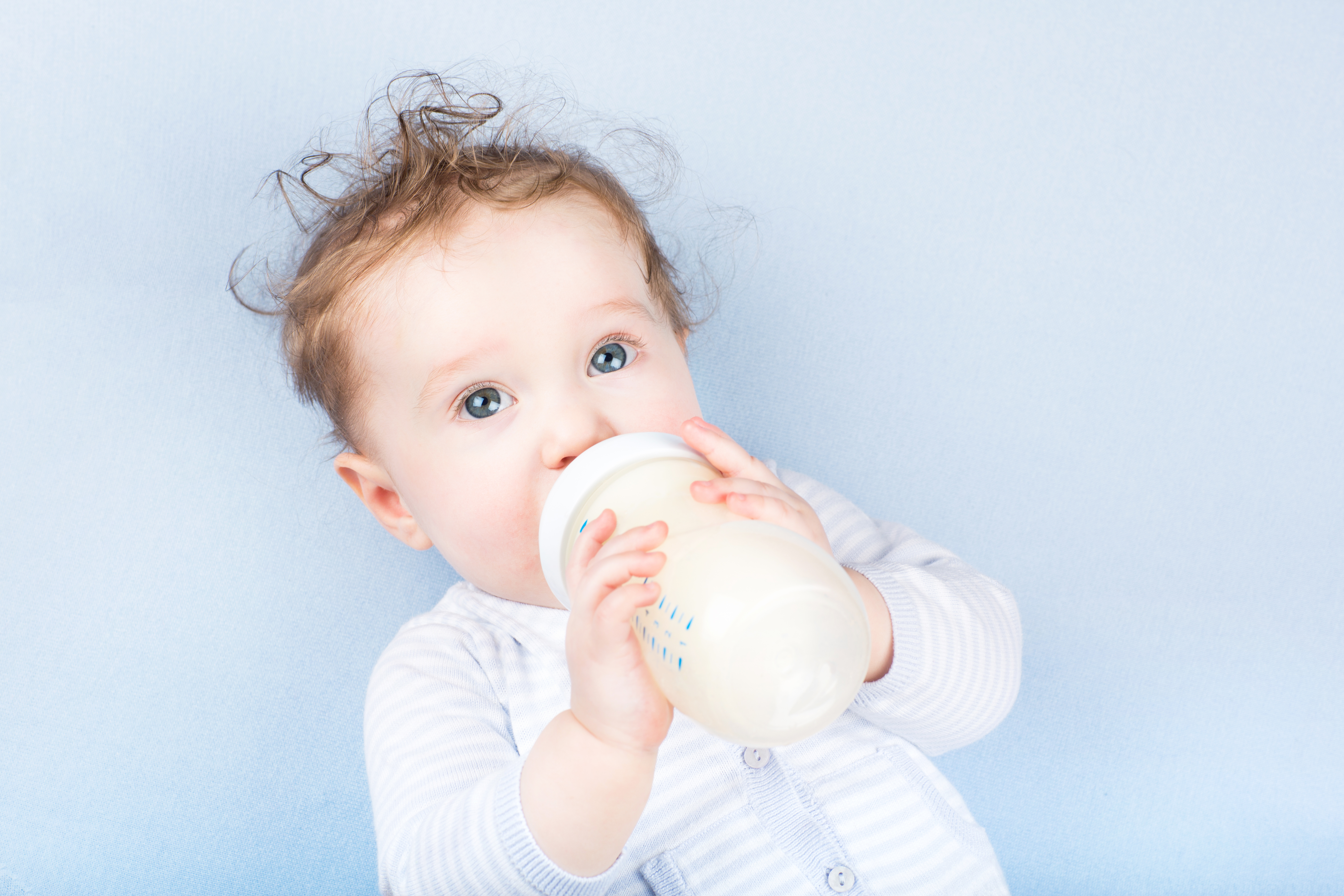
Physical abilities
- The baby can sit with support.
- The baby can lie on the tummy, pushing themselves up with their arms until their elbows are fully extended.
Eating skills
- The baby no longer spits up as much.
- The baby recognises the spoon. If you hold the spoon close to their mouth, the baby opens it.
The baby’s signals when they are hungry or full
- If the baby is still hungry, their head moves forward. They want to reach the spoon.
- When hungry, the baby pushes the food towards their mouth.
- When the baby is full, they are easily distracted or turn their head to the side.
Suitable foods
- Breast milk or baby formula
- Fein püriertes Essen
Sitting independently
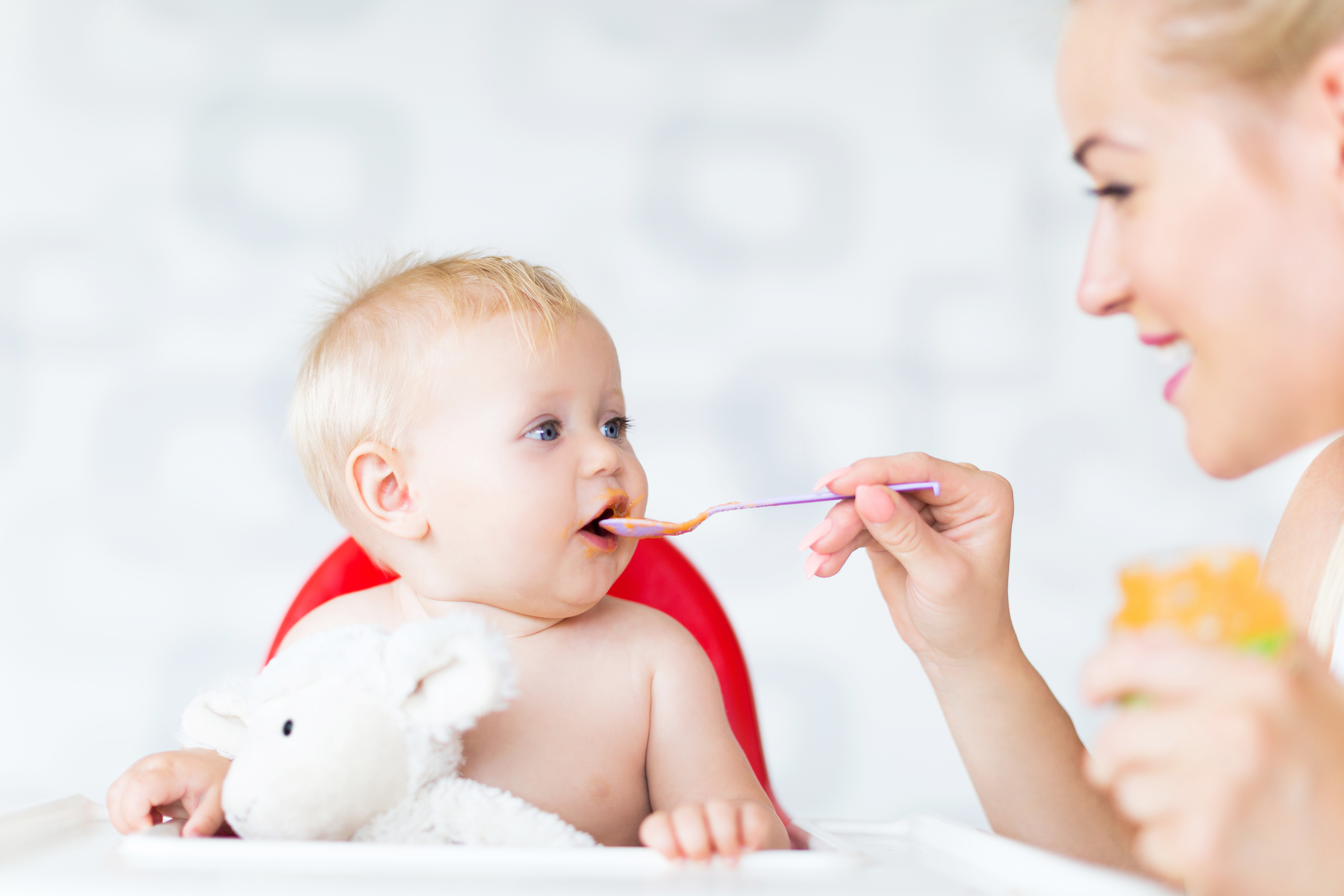
Physical abilities
- The baby can sit on its own.
- The baby can pick up and hold small things.
- The baby reaches for food or a spoon.
Eating skills
- The baby can eat mashed food. They keep the food in their mouth and eat it.
- The baby tries to hold the food with their fist. They try to move the food towards their mouth.
- The baby passes the food from one hand to the other.
- The baby can drink from a cup with a little help.
The baby’s signals when they are hungry or full
- When hungry, the baby reaches for the spoon or the food.
- The baby might also point at the food.
- When full, the baby keeps their mouth closed or spits out the food.
Suitable foods
- Breast milk or baby formula
- Pureed or mashed food. The food should not contain any pieces that the baby can feel in their mouth.
Crawling
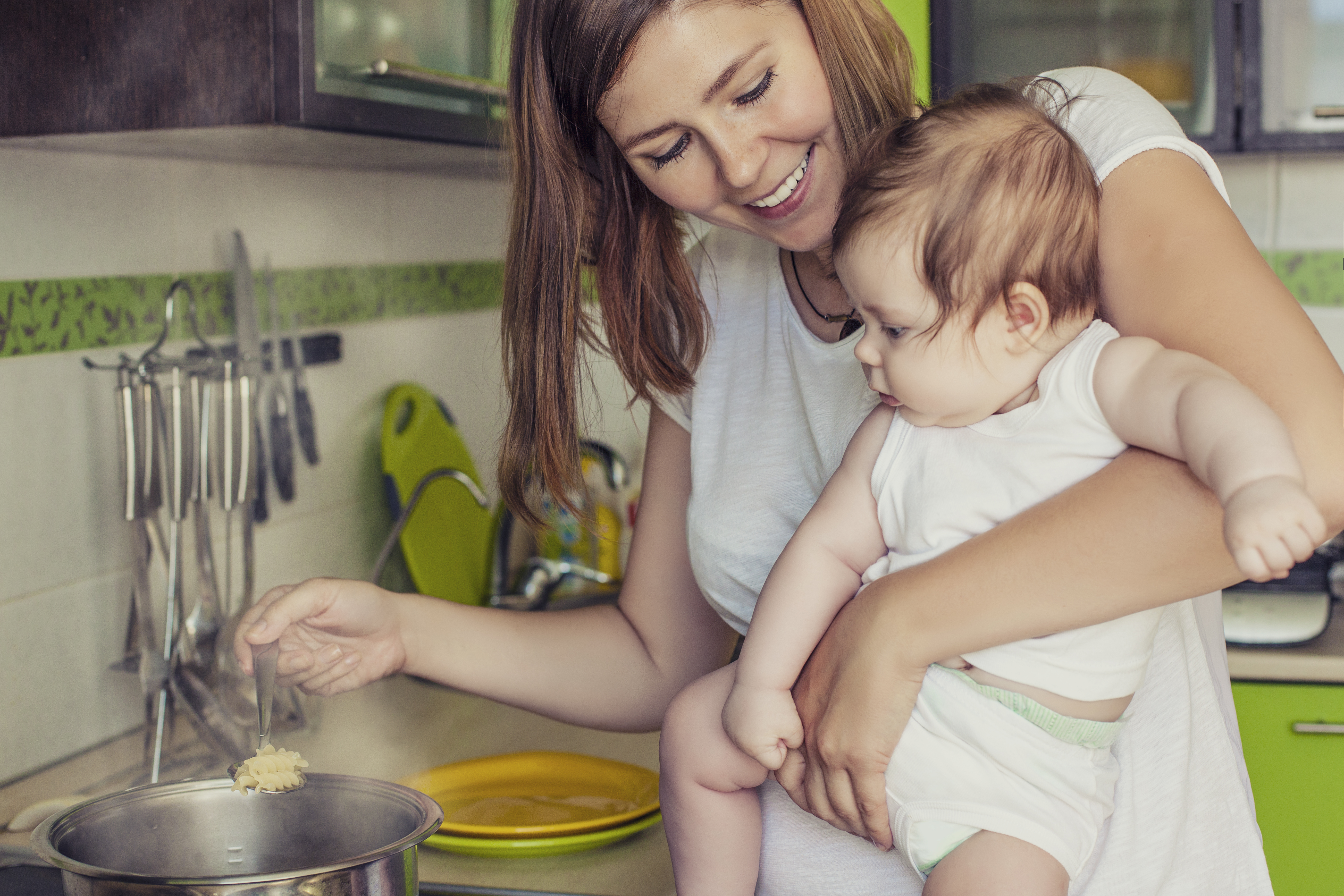
Physical abilities
- The baby learns to crawl.
- The baby tries to stand on their own feet.
Eating skills
- The baby grabs pieces of food with their hands and brings them to their mouth.
- The baby can hold a cup.
- The baby can hold small pieces of food with their thumb and index finger.
The baby’s signals when they are hungry or full
- When hungry, the baby reaches for the spoon or the food.
- The baby might also point at the food.
- When hungry, the baby is happy to get food.
- When the baby is full, they eat slower or push the food away.
Suitable foods
- Breast milk or baby formula
- Grated, mashed, or finely chopped food
- Soft food
- Offer your baby different foods. They should get to know different flavours.
First steps
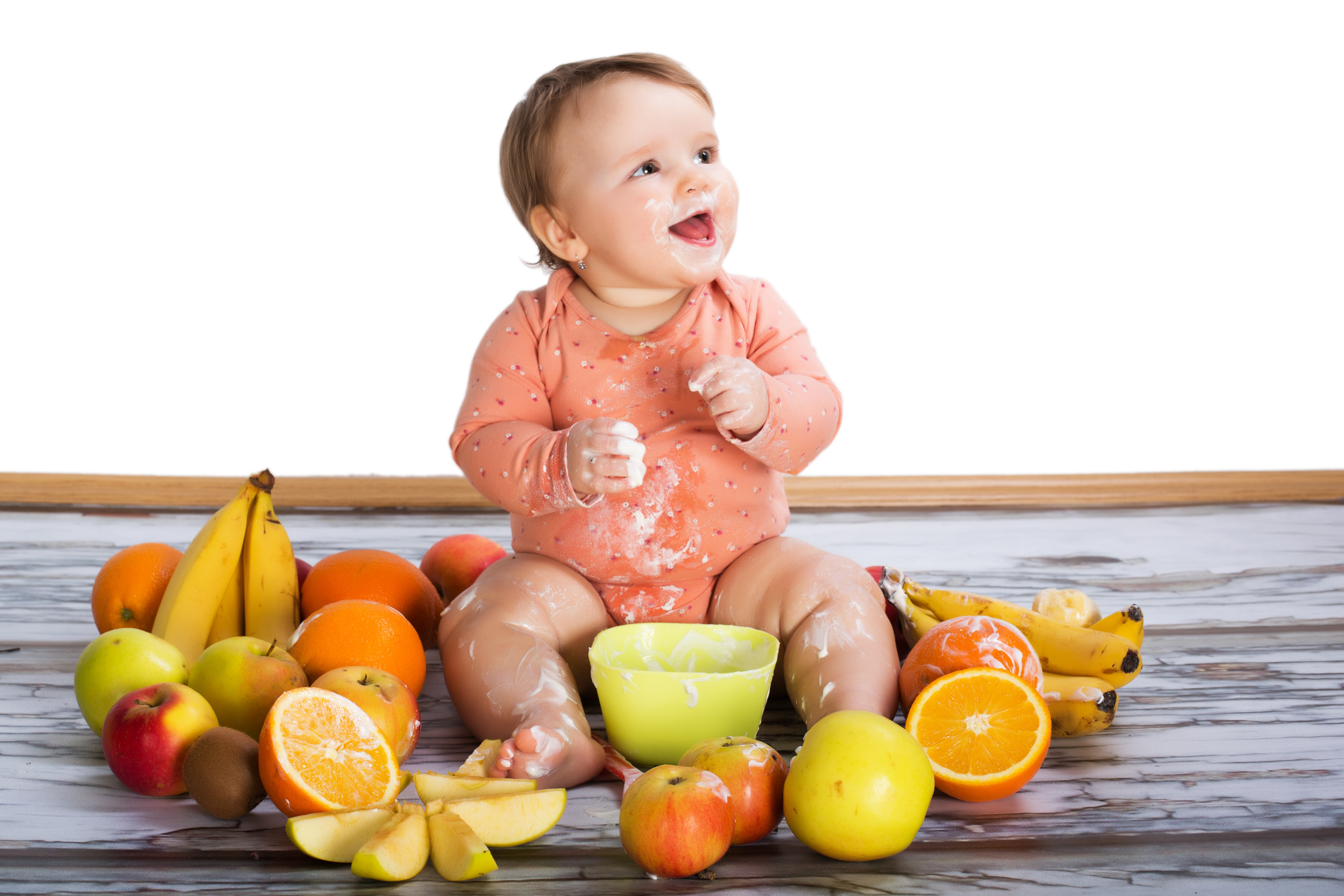
Physical abilities
- The baby pulls themselves up when they want to stand up.
- The baby can stand up independently.
- The baby takes their first steps.
Eating skills
- The baby eats with their fingers.
- The baby can drink with a straw.
- The baby holds a cup with 2 hands and drinks from it.
The baby’s signals when they are hungry or full
- The baby makes sounds or says words when they want to eat something.
- The baby shakes their head to say they are full.
Suitable foods
- Breast milk or baby formula
- You can cut solid food into small pieces.
- They can eat soft to medium-hard food.
- Offer meals containing food that feels different in the baby’s mouth. For example, puree and pieces of vegetables. and Pieces of vegetables - even at the same meal.
Factsheet - The development of the child


